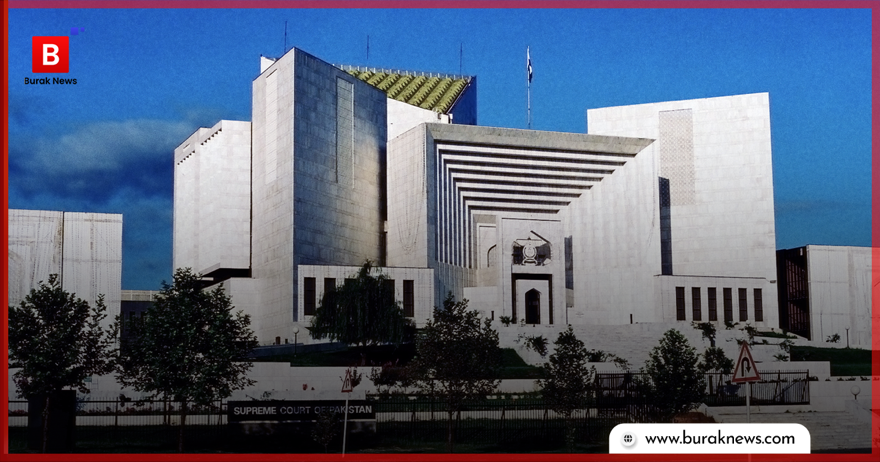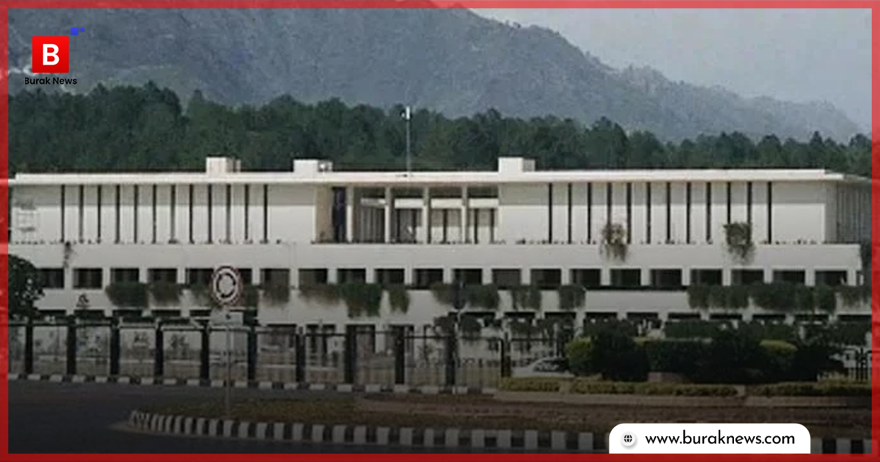Al Qaeda Resurgence in Afghanistan: Implications for Pakistan

Al Qaeda is once again establishing its roots in South Asia as it has set-up nine new militant training camps in Taliban-ruled Afghanistan in 2024. In a monitoring report published by United Nation Council Committee it is disclosed that Al Qaeda and Taliban maintain close diplomatic ties. These ties are helping Al Qaeda to grow more freely and increase its influence in the region. However, the extremist militant groups close relations are not only bound to military alliance, it also involves profit sharing made through Taliban illegal drug trade, mining, and smuggling businesses. Overall, it can be said that Al Qaeda is only able to maintain its holding in Afghanistan due to Taliban backing, which is certainly concerning.
The current situation confirmed the long-standing fears and concerns that the Afghanistan under Taliban rule might once again become a safe haven for terrorist organizations. The country has turned into an “open black market” of leftover weapons, many of them are American. Al Qaeda presence in Afghanistan can be traced back to 1990’s when Osama bin Laden, the group’s founder, pledged allegiance to the Taliban. Attacks like 9/ 11 were the consequences of this impunity. Over the years, these ties were strengthened by their shared fight against US led forces and through traditional customs like intermarriages.
Despite being a major target of US military operations, including the killing of Hamza bin Laden, Osama bin Laden son and a rising leader in the group, Al Qaeda continued to reap the benefits from the Taliban’s protection. The Taliban’s takeover in August 2021 was seen as a victory by Al Qaeda and its supporters. Even when Taliban tried to constrain and somewhat bound their visibility and activities, creating some friction between the two groups, their relationship has remained closed. In July 2022, US forces killed Al Qaeda leader Ayman al-Zawahiri in Kabul, raising queries about the level of the Taliban’s involvement or knowledge of his presence there and what this might signify beyond Taliban.-Al Qaeda ties.
Recent reports have shown a mixed picture of the militant group current status. A U.N. report directed that the group is in a resurgence phase, setting up new training centers in eastern Afghanistan. However, US intelligence argued that Al Qaeda is at a historic low in Afghanistan and Pakistan. By January 2024, UNSC reported that while Al Qaeda maintains training camps and safe houses in Afghanistan, it currently lacks the ability to launch sophisticated attacks at long range. Regardless, US intelligence officials are skeptical about the extent to which Al Qaeda could become a menace to world.
Pakistan is a country that is suffering from the social, economic, and human toll of terrorism. It’s a bit surprising, though, because while Pakistan is working hard on the front lines of the global fight against terrorism, it’s still unfairly labeled as a supporter of international terrorism. In August alone Pakistan has seen a rise in terrorist attacks, with 59 incidents reported. Over the year, TTP has done numerous attacks targeting military posts and civilians, as a result of which Pakistan launched a new military operation, “Azm-e-Istehkam”.
And now the current situation with Al Qaeda is really alarming for Pakistan. Reports suggested that Al Qaeda not only make a comeback in Pakistan, it is actively fueling a dangerous alliance. Its support to the TTP is not only an ideological backing, it is also sponsoring weapons and equipment for their operations. This deep-rooted loyalty indicates that the danger is not lingering for a short period, this allegiance can pose a complex and multifaceted security challenge for Pakistan. To deal with the ongoing situation broader implications are needed. It’s not just about facing one group or one type of attack; it’s about confronting a network of militant organizations that are increasingly interlinked and sophisticated. Thus, needing a comprehensive and strategic response.
Pakistan, already juggling a tightrope walk with Afghanistan, might find itself under increased international scrutiny in an effort to stop terrorist activities swarming from Afghanistan. Pakistan diplomatic ties with Kabul also might suffer, especially if the Pakistan government feels that Afghanistan is not doing enough to stop terrorist activities it its region. On the other hand, if Pakistan comes up with its plan to counter Al-Qaeda, neighboring country might disagree on how to handle the situation which will not only complicate diplomatic engagements between countries, will also turn it harder for both sides to find common ground and work together on regional stability.
The writer is a researcher based in Islamabad.
Arooj Fatima







